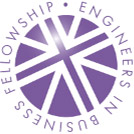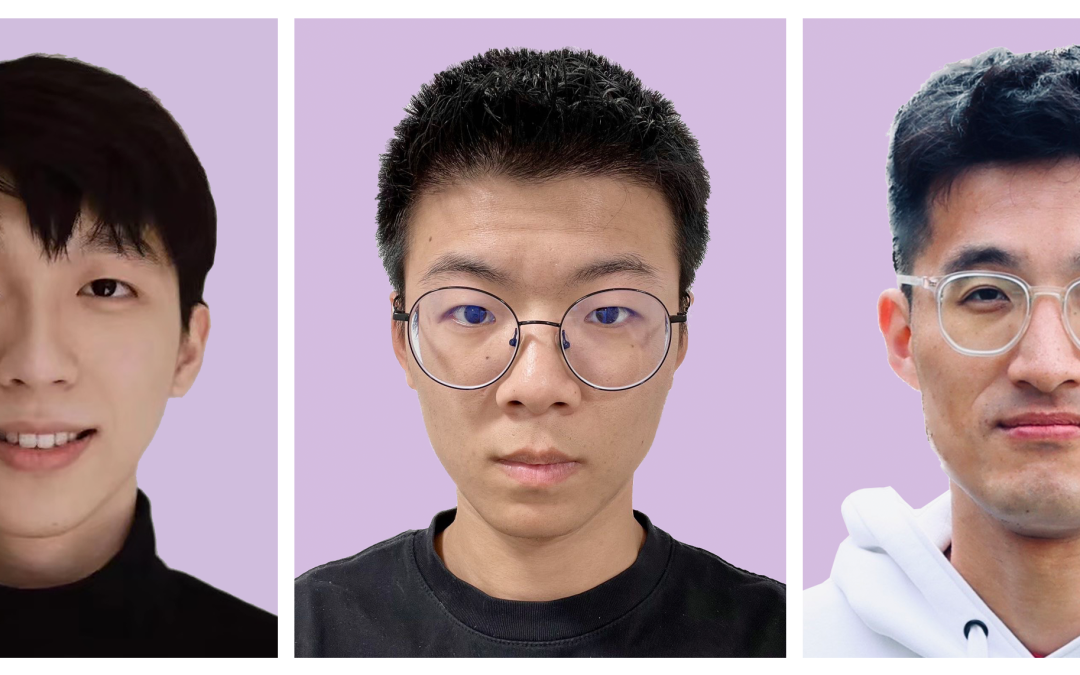DURHAM GRADUATES UP FOR AWARD WITH EXTENDED REALITY INNOVATION
An innovation that allows extended reality users to type on any surface has been developed by a team of students.
Durham University Computer Science graduates Yunzhan Zhou, Qilin Wang and Zexi He have developed SurfaceKeys to enhance virtual reality experiences.
The trio found that typing while using virtual reality headsets usually meant users having to use external hardware, such as controllers or keyboards. SurfaceKeys’ algorithm detects hand movements and typing behaviours to allow users to type on any surface using their hands.
Their business idea has now been shortlisted as one of the finalists in the Engineers in Business Champion of Champions competition.
Zexi He, SurfaceKeys’ Chief Design Officer, said: “When doing text entry wearing headsets on a daily basis, the traditional method of ray-casting or using physical keyboards greatly reduces efficiency and portability. Our innovation can effectively address this issue, offering a highly efficient input mode that aligns with the general public’s input habits, especially in this era where virtual reality, augmented reality and mixed reality are on the rise.”
The team will pitch their idea against nine other teams of student innovators at the event at the Royal Academy of Engineering on 3 November 2023. A sum of £16,000 is up for grabs, providing vital seed money to help the winners develop their innovation.
Winners will also receive mentoring from business leaders who are members of the Sainsbury Management Fellows network, plus CV packages from PurpleCV and entrepreneurial books from Cambridge University Press and Double your Price, a book by David Falzani MBE, which covers how pricing works with practical insights, tools and actionable guidance.
The event, hosted by TV presenter and engineer Rob Bell, is the culmination of a year of enterprise competitions held across UK universities, with thousands of undergraduate and graduates taking part.
Each year, Engineers in Business Fellowship champions business education for engineers and supports universities by giving them grants to award prizes to engineering students who develop ideas that can make a positive impact on society.
Looking back at the Durham University competition and ahead to the final, Zexi added: “Students from non-business majors need to understand some business knowledge before starting a venture. This process can make it easier to turn technology into a marketable product. Creating a genuinely valuable product with commercial potential is a challenging yet fascinating endeavour, and enjoying the process is the most important part.”

